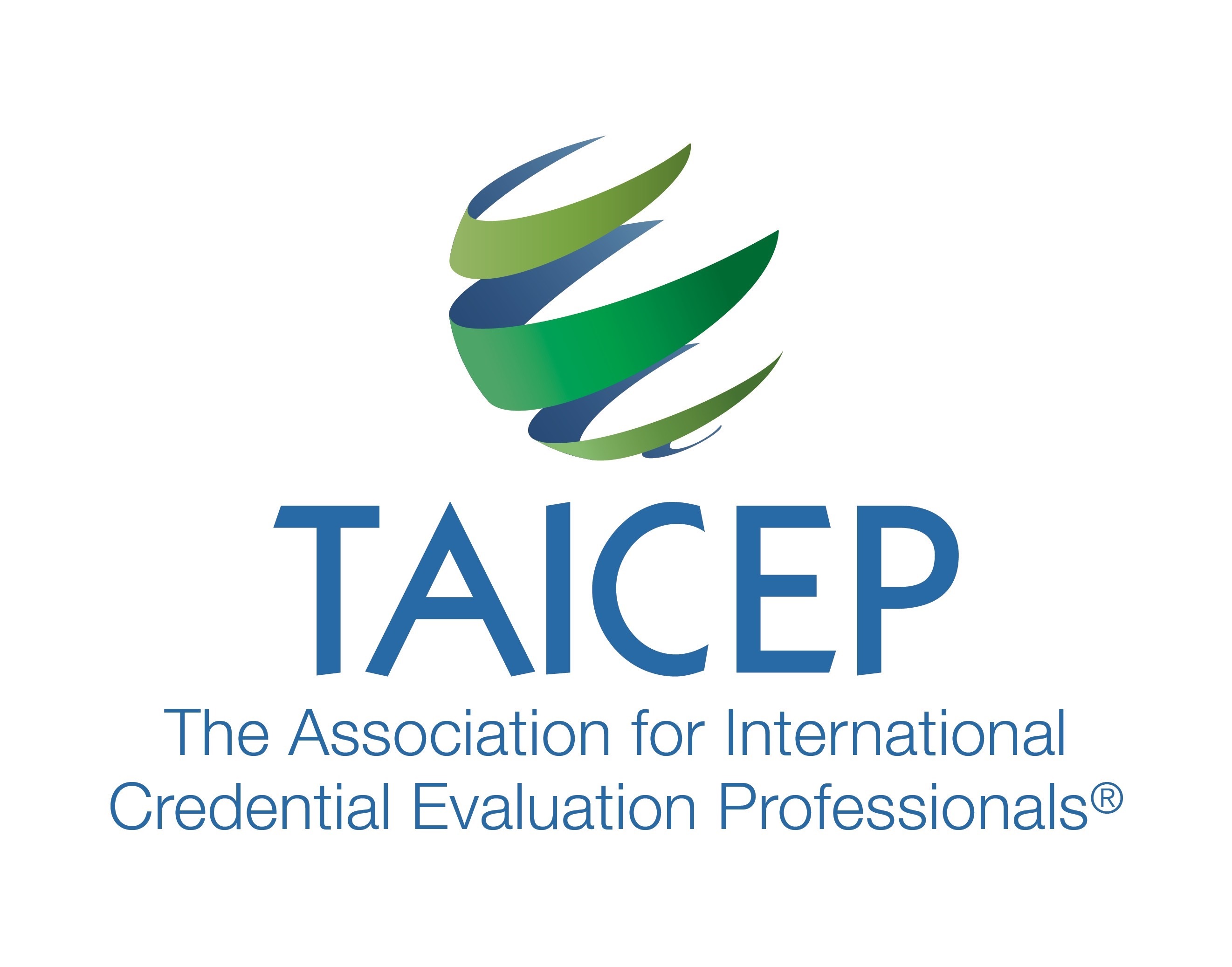TAICEP at UNESCO: A Global Summit for Qualification Recognition
Bettina Sumegi, President-elect of TAICEP participated as an invited observer at the Second Intergovernmental Conference of States Parties to the Global Convention on the Recognition of Qualifications concerning Higher Education, which took place in Paris on June 25-26. Representing TAICEP at this historic dialogue was a significant opportunity for our organization.
Why the Global Convention is Crucial for Credential Evaluators and TAICEP? The Global Convention is a fundamental step forward for all who work with qualification recognition, and it is of particular importance to TAICEP’s mission. It is the first global UN treaty on higher education, aiming to set out universal principles to ensure that higher education qualifications—and those granting access to higher education—are recognized in a fair, transparent, and non-discriminatory way. The Convention was adopted in November 2019 and entered into force on 5 March 2023. As of April 2025, 38 states ratified it.
As Bettina said in an interview to the Permanent Delegation of Sweden to UNESCO: “The Global Convention allows for much closer cooperation, exchanges and discussion on best practices. While respecting the regional specificities, the work under the convention allows us to speak with one global voice and strengthen the work on recognition and credential evaluation, which is beneficial for all students.” For TAICEP specifically, our commitment is to support the goals of the Convention by sharing expertise, cross-border best practices, and building bridges between educational systems.
What Was Discussed During the Meeting?
The conference addressed several key topics and made important decisions for future work:
1. Election of the Bureau: The conference began with the election of the Bureau, where Stig Arne Skjerven was re-elected as Chairperson. The United Kingdom of Great Britain and Northern Ireland, Estonia, Uruguay, Australia, Côte d’Ivoire and Tunisia were elected as Vice Chairs, and Melanie Rosenbaum was re-elected as Rapporteur.
2. Reports on Global and Regional Conventions: The heads of the regional conventions presented the state of their conventions, the Addis Convention, the Tokyo Convention, the Lisbon Convention, the Buenos Aires Convention and the Arab States Convention.
3. Reports from Observer States: Several countries announced their progress towards adopting or ratifying the global or regional conventions, including Chad, Kenya, the Democratic Republic of Congo, Ireland, Libya and Ghana.
4. Adoption of the Interim Work Program 2025-2027: Four main work areas were established: drafting explanatory texts, research, reinforcement of national structures for the implementation of the convention, and capacity building. Questions about other issues to be addressed, such as fraud and AI, were discussed as potential areas for future subsidiary texts through collaboration.
5. Adoption of Operational Guidelines: The draft Operational Guidelines were adopted, which shall serve as an interpretation for the Global Convention.
6. Proposal for the Elaboration of Subsidiary Texts for the next conference in 2027:
- Relationship between the Global and Regional Conventions: A proposal was made to develop a subsidiary text on the relationship between the Global Convention and the regional recognition conventions
- Quality Assurance (including Transnational Education): A research paper will serve as the basis for a subsidiary text on quality assurance. The paper emphasized the need for common language, shared QA standards, and how technology can be leveraged for flexible study pathways and addressing academic integrity issues.
- Recognition of Refugees’ and Displaced Persons’ Qualifications and the Development of Complementary Pathways: A research paper to serve as the basis for a subsidiary text on this important topic was also examined.
7. Side Event on Microcredentials: A side event discussed the future of microcredentials, highlighting the need for quality assurance mechanisms and challenges with the recognition of microcredentials by employers and educational institutions.
This conference reinforced the importance of a stronger focus on quality assurance mechanisms, recognition of refugee qualifications, and transnational education. All are central areas where credential evaluators and TAICEP have a direct role to play. The meeting also underscored the importance of networks for information exchange and strengthened interregional cooperation in recognition at the global level.
We look forward to continuing TAICEP’s contribution to this crucial global work!
Full Edition:
